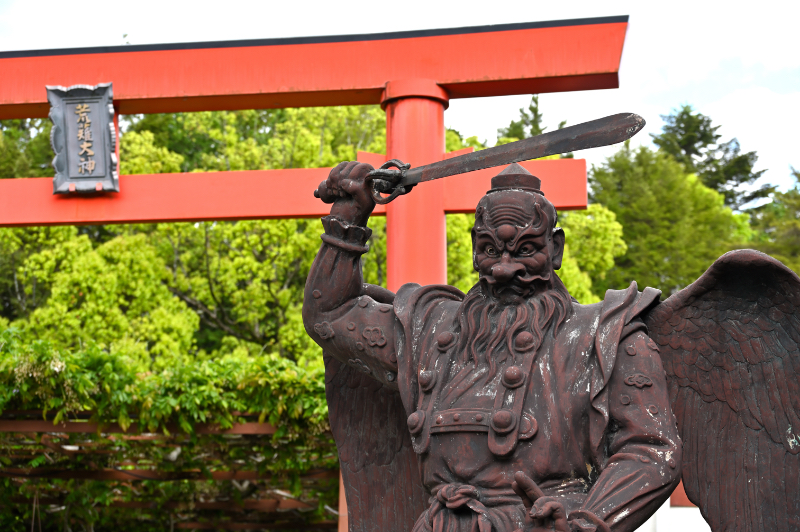Hi everyone! It’s Pentleman (@pentleman_blog) here!
 Sloth-san
Sloth-san
He recognize those are younger’s responsibility.
 Dolphin-san
Dolphin-san
In the working environment in Japan, everyone is expected to take a task outside one’s responsibility and expertise.
However, we can’t make everyone satisfied.
Let’s see the example and rules of helping that makes your work easy.
b) want to know working environment and values in Japan, and
c) have a look at the rules of helping other people
I hope this essay can expand your sense of life.
Let’s find it through this short essay!
Mizuho Bank: Japanese culture doesn’t evaluate “just do what you are told”

In 2021, the third biggest Japanese bank, Mizuho Bank had their system shut down causing 70% of ATM to malfunction.
For the operational procedures to improve, Japanese Financial Service Agency called for several orders.
According to the statement released by the agency, the following are the bank’s weaknesses:
the bank’s weaknesses:
a) not being expressive of their thoughts (non-speaking up culture); and
b) employees only do what they are told.
Because of this statement, we can see doing what you are told is a bad thing in Japanese culture, even if the employees satisfy their own responsibilities.
On the other hand, I found most American managers learn management skills that are efficient especially when I was in the US.
They explain their subordinates their roles and responsibilities.
That’s why American managers tend to get high salary as a compensation.
These work styles seem so contrasting.
One of the most humiliating statements from a boss


This would be one of the most humiliating statements in Japanese work places.
Actually, the boss is questioning your work performance like the Japanese agency.
In Japan, the working style is called “membership culture.”
For instance, everyone is expected to take a task outside one’s responsibility and expertise.
Japanese people, especially elders assume employees should have spontaneity, like kindly raising one’s hand to take miscellaneous tasks.
For example, if one is an engineer and he has mundane tasks:
a) going out to buy coffee bags,
b) cleaning up the room every week, and
c) organizing a big event for his department!
These aren’t within the scope of his engineering tasks.
These kind of things easily rob his precious working time.
This is a part of the Japanese membership culture.
Management layers expect employees to do work beyond their.
That’s why managers often say:
 manager
manager
Japanese employees tend to expect others to have extra sensory perception

Typical Japanese employees tend to feel “sorry” when their boss is so busy at work, while employees don’t have a lot on their plate.
That’s even more the case of younger employees who don’t have many difficult tasks.
One of the reasons to feel sorry may be a comparison with oneself.
The boss has a variety of tasks, such as making good progress with his project as a leader and managing his subordinates.
In that case, young employees offer help if they’re kind enough (or super cunning to get something after that).
That should be a nice thing and praised under “normal” circumstances.
In the following story, I would like to introduce my bad experience about helping my team leader.
 Team leader
Team leader
The team leader suddenly told me when I was focusing on my tasks.
He was super busy with his work and looked like falling into panic.
 Team leader
Team leader
I didn’t understand the situation first hand.
Actually, he needed support.
I had noticed his situation but he didn’t say anything to me, so I didn’t disturb him.
However, he expected me to have extra sensory perception (ESP).
It was like he required me to predict he’s thirsty and give a cup of water before asking.
 Team leader
Team leader
He left the room saying that.
Setting rules of helping out may support your mental health

As a conclusion, I set the two boundary rules to help others.
A good communications teacher told me:
b) Accept the offer willingly if you feel it’s finally your turn to take the task. You may as well show positive attitude.
As we saw in the story, some people may think that they accept help and good service from others.
That’s related to the famous Japanese business value, “customers are gods.”
That can’t be right always.
Employees have the right to select people who they can work with civilly.
Under the Japanese membership culture, people tend to expect too much from others.
My business teacher said:
 business teacher
business teacher
“Just do what you are told?”
“Yes, that’s my responsibility only if the company would give additional resource, such as time. I need to focus on the most essential things.”
But then ironically think,
You can ask me anytime if you can’t finish your tasks.
 Pentleman
Pentleman
Pentleman’s Photo Travel

@Kobi No Tenguyama, Tengu Mountain Shrine, Gifu in May


